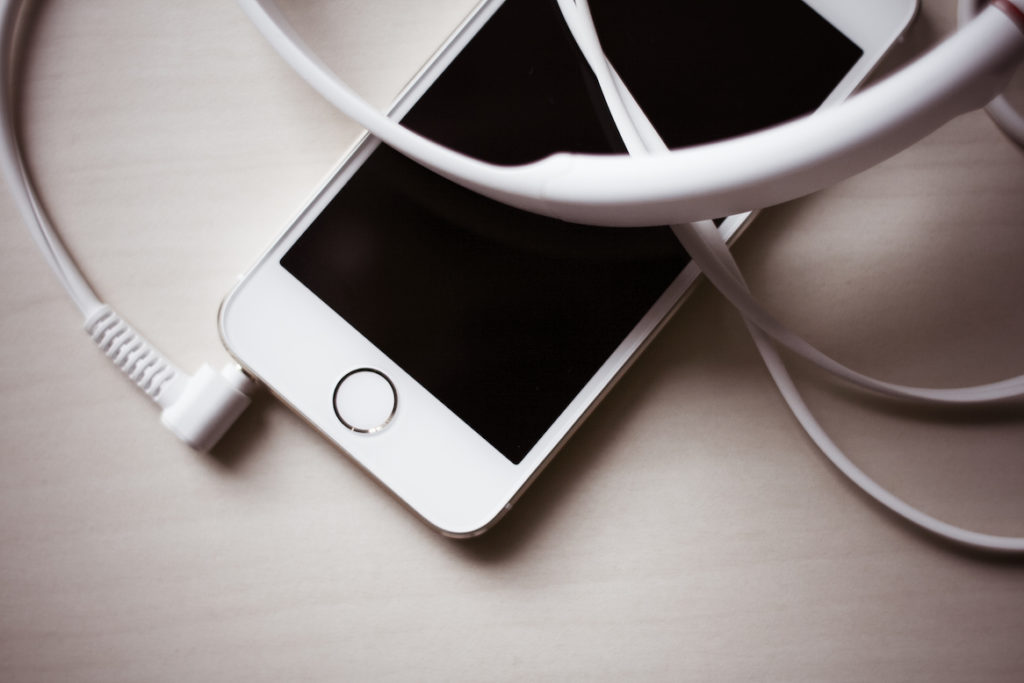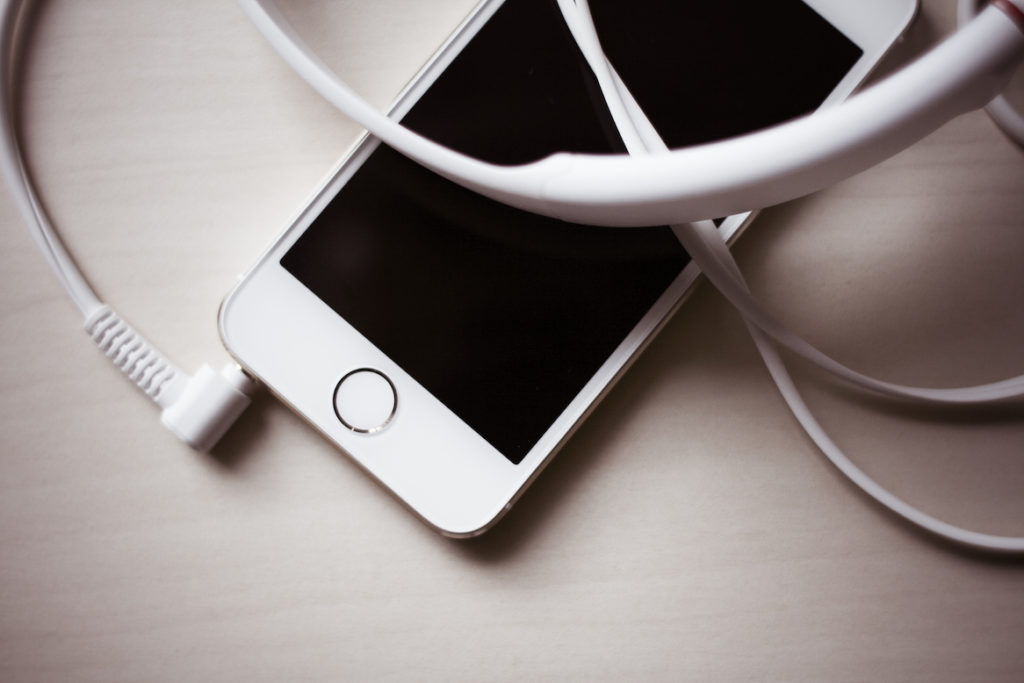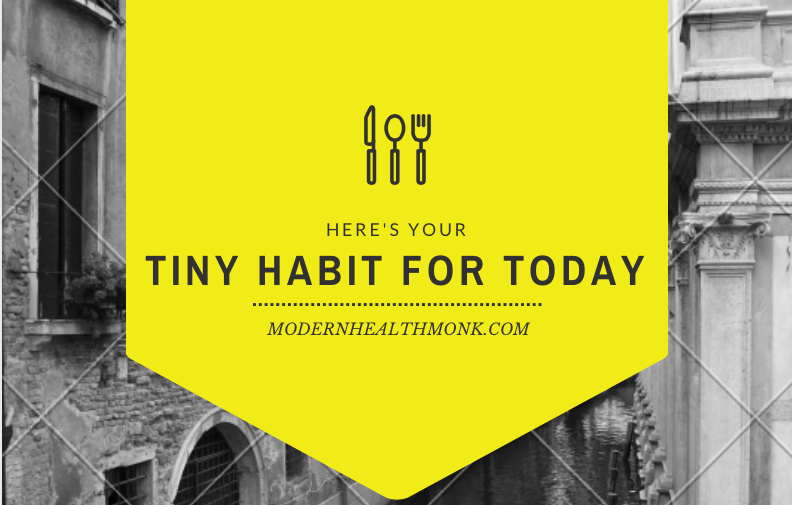
How to Have More Willpower to Lose Weight: 3 Tips Backed By Science
How to Have More Willpower to Lose Weight
Last Saturday, I had a long list of things to get done.
I had to go to the gym, I had to clean up my place, I had to vacuum, I had to go run errands, I had to take care of a parking ticket – and I realized that I had zero willpower to do any of it. Eventually, I ended up wasting my entire Saturday because I just couldn’t get myself to do anything.
Now since that Saturday, I’ve been wondering, “Why do I have willpower some days, and not others?” In this article, let’s talk about three research-backed concepts behind willpower.
Why You Just Don’t Have Any Willpower

The first concept is the idea of blood sugar, or that our willpower gets weaker progressively as the day goes on.
An interesting study was done on the Israeli parole system. And what they wanted to figure out was a simple question:
Do the chances of a person being granted parole increase or decrease based on the time of the day, or whether or not the judges had already eaten?
Now what they found in this particular study was that the highest chance of being let go on parole was at the beginning of the day, where people were fresh. Not that much had transpired during the day, people had already eaten, and so on and so forth.
In addition, there was basically a linear correlation: earlier in the day, you had the highest chance of being granted parole, later in the day, the chances were almost zero.
There was a short spike after lunch where there was a break, where people had a chance to eat and regain some energy, but then afterwards it went back down to zero.
What this says for you in your own life is a couple things.
First of all, whatever is the hardest for you to do, as far as willpower goes, do it as early as you can in the day. So whether it is going to the gym, doing homework, or doing work, the closer to the beginning of the day where you have the most willpower, the better.
But the other thing is that it’s also linked to meal times, glucose, and having energy. So the least likely time to make a good choice is when you’re starving.
Now I know that doesn’t sound like rocket science, right?
But what you might be surprised about is just how easily you will make the right decision, and feel better, if you eat and then wait 30 minutes, and then make a decision you’re struggling with.
If you’re trying to figure out what’s the hardest project to work on first, for school, for work, or for going to the gym, schedule it within 30 to 60 minutes of having had your last meal, or having had some kind of snack.
And don’t get to eat the frog at the beginning of the day.
Why We Make Unethical (And Bad) Decisions Later in the Day

Now another cool study was done to highlight something very similar.
In this particular study, the researchers wanted to see the link between students making unethical (bad) decisions, and the time of the day.
Now in a series of these four experiments, researchers found that both undergraduate students and a sample of U.S. adults engaged in less unethical behavior, for example, less lying and less cheating, on tasks performed in the morning than on the same tasks performed in the afternoon.
What’s interesting is that this effect of the time of the day on the person’s unethical behavior, was found to be stronger for people who didn’t normally do unethical things.
This is a concept that’s called ego depletion. Basically, as the day goes on, you’ve used up your willpower and your discipline stores.
Willpower, Workouts and the Secrets of Flow

The third concept is a little bit of a thought experiment I want you to play with yourself. I want you, for one day, to track what you’re doing, and how you’re feeling, every single hour of the day.
This idea of a flow test is something borrowed from Dr. Mihaly Csikszentmihalyi, who was the researcher that coined the term flow.
What he observed was that when he went around the world studying people who were in “the zone” and in their element, they always described it virtually the same way.
Things were flowing. Time stopped or slowed down. I felt in control.
When he then applied this research to people at work, and in their leisure time, he’d give them a challenge.
Originally, this flow test was designed to see when participants were actually the happiest and the most engaged – in flow. What he found was that people were generally more in flow (and happier) at work, than in their leisure time – but they self-reported the opposite.
Now I think what you’ll find is that when you track what you do day to day, certain activities will be in flow.
Certain activities will not be in flow. And you’re going to realize that you have the most discipline and willpower, and will feel the most motivated, when you’re doing activities that internally feel like they produce flow for you.
Increasing Your Willpower and Discipline: The Bottom Line

So there’s the glucose effect, making sure you’ve eaten.
There’s the ego depletion effect, where as the day goes on, we have less willpower.
But the third thing is the inner aspects, the psychological aspects, of willpower.
Do I feel flow, or do I not, with this activity?
This is just as applicable to our relationships as it is to going to the gym.
Before you go, leave a comment there below, and let me know for you – if you had tons of willpower, what would you do differently every day?


True, true and true. Since I go to gym at 6 a.m. and do my hardest work before 10 or 11 a.m., everything goes much better (and feels much better!). Even if later I become a bit lazy it’s quite ok… I can’t totally screw the day anymore, since most of work has been done 🙂
This is totally the way to do it Antonio – front loading the hard stuff in the day.